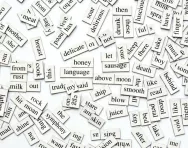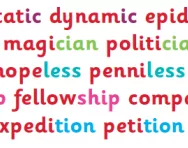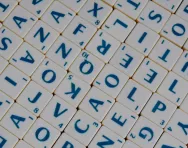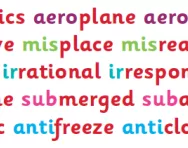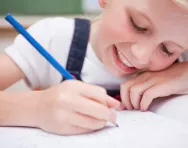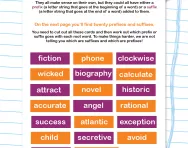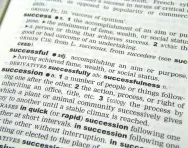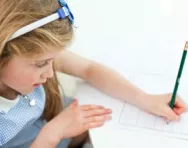Important update from TheSchoolRun
For the past 13 years, TheSchoolRun has been run by a small team of mums working from home, dedicated to providing quality educational resources to primary school parents. Unfortunately, rising supplier costs and falling revenue have made it impossible for us to continue operating, and we’ve had to make the difficult decision to close. The good news: We’ve arranged for another educational provider to take over many of our resources. These will be hosted on a new portal, where the content will be updated and expanded to support your child’s learning.
What this means for subscribers:
- Your subscription is still active, and for now, you can keep using the website as normal — just log in with your usual details to access all our articles and resources*.
- In a few months, all resources will move to the new portal. You’ll continue to have access there until your subscription ends. We’ll send you full details nearer the time.
- As a thank you for your support, we’ll also be sending you 16 primary school eBooks (worth £108.84) to download and keep.
A few changes to be aware of:
- The Learning Journey weekly email has ended, but your child’s plan will still be updated on your dashboard each Monday. Just log in to see the recommended worksheets.
- The 11+ weekly emails have now ended. We sent you all the remaining emails in the series at the end of March — please check your inbox (and spam folder) if you haven’t seen them. You can also follow the full programme here: 11+ Learning Journey.
If you have any questions, please contact us at [email protected]. Thank you for being part of our journey it’s been a privilege to support your family’s learning.
*If you need to reset your password, it will still work as usual. Please check your spam folder if the reset email doesn’t appear in your inbox.
What are word families?
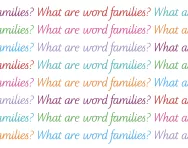
What are word families?
Word families are groups of words that have a common feature, pattern or meaning. They usually share a common base or root word, to which different prefixes and suffixes are added.
In KS2 children will learn about root words, prefixes and suffixes.
For example, the root word happy might have a prefix added (unhappy) or might have a suffix added (happiness).
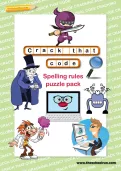
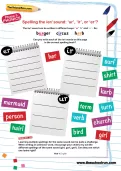
Claim FREE Spelling Resources
- Spelling workbooks
- Step-by-step programme
- Spelling test packs
- 100s of worksheets & games
The words happy, unhappy, happiness could be considered to belong to the same word family.
When do children learn about word families?
It is important that children in KS2 understand the concept of root words, prefixes and suffixes, as this will come up in the Grammar, Punctuation and Spelling test they sit in Year 6.
Understanding word families is also very useful when children are learning about correct spelling, as being able to identify the root word will help them spell other words in the same word family.
According to the national curriculum children are introduced to word families in Year 3, when they are shown that common words are related in form and meaning (for example, the words solve, solution, solvent, dissolve and insoluble all belong to the same word family).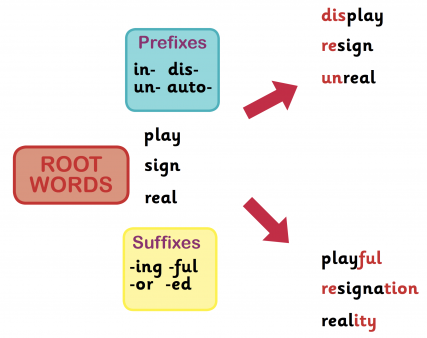
In the Grammar, Punctuation and Spelling test children may be asked:
- to match various prefixes with their correct root words
- be given several words from the same family and asked to say what the root word means (sign, signature, design; the root word 'sign', from the Latin signum, means to make a mark for the purposes of authorisation)
- to add a suffix to a noun to turn it into an adjective (for example: adding the suffix -ful to 'beauty' changes the word to make 'beautiful')
You can help your child at home by encouraging them to learn the spelling lists they are given at school.
It would also be helpful to see if you can find words made up of prefixes / root words / suffixes and discuss with your child what the root word might mean. Can they think of any other prefixes or suffixes they could add to the word?
They may be tested on these in the KS2 SATs Grammar, punctuation and spelling test at the end of Year 6.

